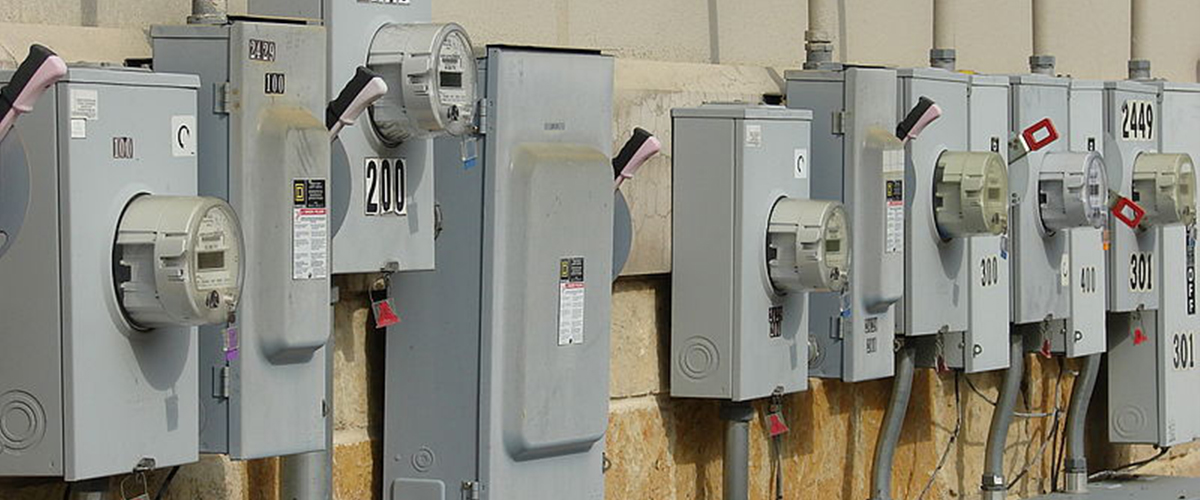
Thinking of upgrading your thermostat or doorbell to a smart, internet-enabled device? You may want to consider the consequences of creating a connection to certain parts or systems of your home through the internet. Smart electricity meters are one example of internet-enabled elements of a person’s home. These meters can read and send the monthly electric consumption rate for an individual’s house directly to a utility company, reducing the cost for monthly visits from technicians.
However, the benefit of cost-reduction for the utility company brings along vulnerabilities, including the risk of hacking and data tampering. At the 28th Chaos Communication Congress, a privacy and security focused conference, hackers demonstrated that a smart meter can be hacked through the internet to reveal the energy consumption data of a home [1], including information detailed enough to determine what program was being watched on TV, or if a DVD was playing copy-protected material [2]. The hackers used a HTTP GET request to download data, due to a security flaw of the smart meter’s company website.
Furthermore, attacks on a smart meter have the possibility of compromising other security systems in a home, including surveillance cameras, burglar alarms, and electronic locks [3]. However, reports of such attacks have been conducted physically on the smart meter, as in the case of widespread hacking of smart meters in Puerto Rico [4]. A security company called SecureState has released an open-source Python tool named Termineter [5] designed to “provide a platform for the security testing of smart meters”.
- Were you aware that your electricity usage could be monitored by attackers over the internet?
- Do you take any precautions to ensure the security of your home network and IoT devices?
- What are some ideas you have to improve the security of internet-enabled home infrastructure?
Let us know in the comments below!
Disclaimer: The views and opinions expressed in this article are those of the author and do not constitute legal or financial advice.
Always do your own research to make informed decisions.
Image Credits
Electrical power junction boxes and meters outside a strip mall – by David R. Tribble on Wikimedia
https://commons.wikimedia.org/wiki/File:Electric-meter-boxes-4625.jpg
Sources / Articles You May Find Useful
Your Smart Electricity Meter Can Easily Spy On You, Court Ruling Warns (Motherboard) –
Hackers could turn your smart meter into a bomb and blow your family to smithereens – new claim (The Register UK) –
https://www.theregister.co.uk/2017/01/04/smart_metres_ccc/
Smart electricity meters can be dangerously insecure, warns expert (The Guardian) –
GCHQ fears energy smart meters could expose millions of Bretons to hack (Security Affairs) –
https://securityaffairs.co/wordpress/69819/iot/energy-smart-meters-hack.html


Should I trust my Air Conditioner Company. I was told that if I was NOT hooked up to the internet for my Smart Thermostat, then no one can hack me. I NEVER gave permission for a the Smart Meter to be hooked up to our internet. However I do have internet for the computer. Should I replace it with an analogue? or trust my air-conditioning company
Hi Jaime!
If you didn’t consent to having your Smart Meter connected to your internet, then there should not be a risk of hacking. However, I would recommend contacting the manufacturer to get more information on the matter.
Kindly,
Eden
Student Coordinator
Digital Tattoo Project